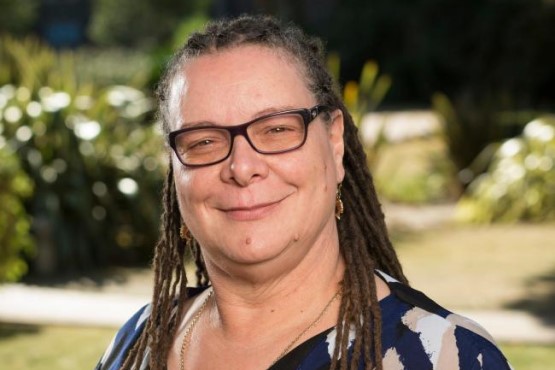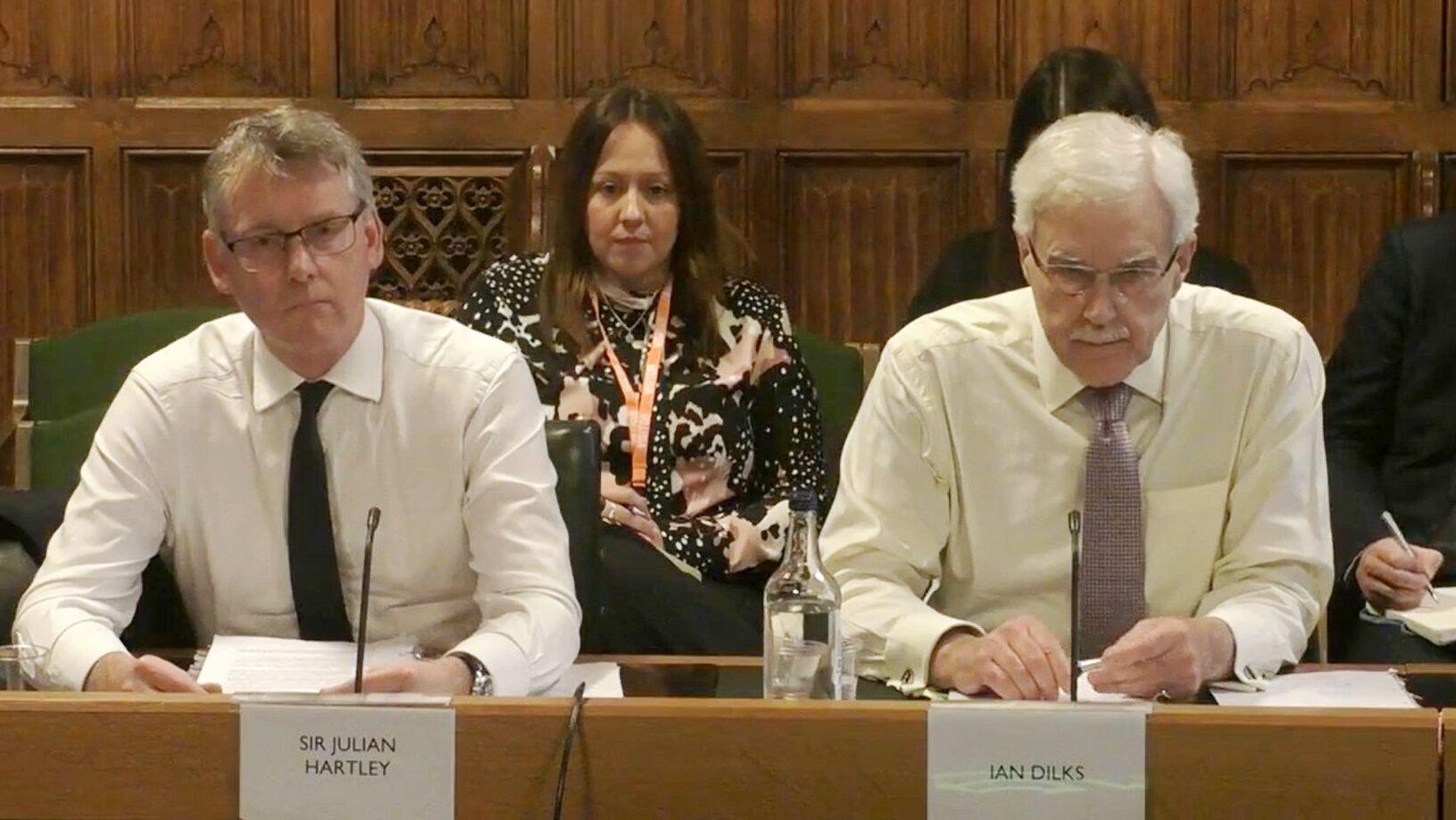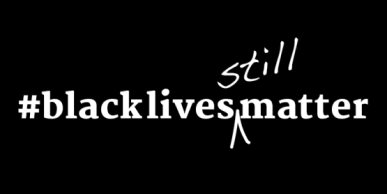Trying harder isn’t enough
Black Lives Still Matter: Marie Gabriel, chair of the North East London Integrated Care System.

Being a black woman has been both a positive and negative factor in my career – but even when it’s positive it can still stick in the back of my throat. The negative bits are all those little things that Yvonne Coghill, the outgoing director of the Workforce Race Equality Standard, calls ‘micro-aggressions’. For example, I was at a conference recently, all dressed up with my lanyard on, and a white man asked me when the tea and coffee was being served. He asked me because I was the only person of colour in the room – and probably because of my gender too.
But it’s also been a benefit because people will say, “Oh, there’s not enough BAME people. Who can we find?” Then they go out to look for BAME people who have the skills and capabilities they want, and give them help and support. I’m a chair because Baroness Elaine Murphy, who was chair of North East London Regional Health Authority, said, “I need more BME chairs and chief execs to bring more diversity of thought and to reflect local populations”. She was purposeful and I was appointed as a result. But wouldn’t it be lovely if people could actually progress and be successful just because of their skills and capacity? I just wish we didn’t have to undo over 400 years of social ideology that’s created the barriers and systemic racism we face today.
Throughout Black History Month this October, we’re learning about the experiences of black managers in the NHS, and how we can all help to end racism at work and in everyday life. On our website and in our magazine, black members and NHS leaders will tell you about their lives and careers in their own words. If you’ve got a story to tell, we want to hear from you too.
My first memory of a racist incident was when I was about three or four, and my mum and sisters were subjected to physical and verbal racist abuse. Education on race starts very young when you’re black – at school, you know you’re being picked on and being disciplined more than other people. That happened with my Master’s too – other people were given thesis extensions but I wasn’t.
Black women have got loads of bits of paper just to prove we’re as good as white colleagues. My dad told his three daughters, “You’re black, you’ve got to try twice as hard”. We don’t get those wonderful little things that white people get, which more or less put you in the place you need to be to get the job, such as secondment opportunities, the tap on the shoulder for a job offer or a project to do. It’s often that softer talent management stuff that leads to injustice.
But trying harder isn’t enough. That’s the ‘deficit model’ – the idea that there’s a deficit in BAME people which stops them from progressing, so all we need to do is to develop or train them more. But that’s not true. What actually needs to change are the organisations we’re working within. If they were fairer, more just and compassionate, and were really interested in getting the best people for the job regardless of race, then we’d have a chance.
For BME women, our struggle is just as much with our men – and that goes beyond them being allies in our gender battle. I think my biggest fight is racism, not sexism. There’s an idea called ‘womanism’, which reflects the importance of our relationship with black men in the struggle against racism – sometimes the struggles of feminism haven’t really spoken to us as BME women because we have that extra dimension.
In terms of racism in the NHS, what’s most important for me is the ongoing experiences of BME staff. As chair, I am accountable for all my staff and when I hear harrowing stories about blatant acts of racism happening to staff, or people who are doing a really good job not progressing as they should, I think that’s the worst thing. I feel I’ll failed.
To improve on race equality, the NHS needs clear leadership and direction, with action built on BME staff engagement. We need clear milestones and to measure our progress, so we can hold organisations and senior leaders to account. And we need to move away from the deficit model to make sure organisations are taking effective action to fight systemic racism.
This is the one of a series of interviews with black MiP members and NHS leaders which we will be publishing throughout Black History Month in October. To find out more about Black History Month and to get involved, visit: blackhistorymonth.org.uk.
Related News
-

Regulating the managers: more questions than answers
The Labour government’s plans for regulating NHS managers are still shrouded in mystery, and the three options on the table each have their pros and cons. Rhys McKenzie weighs up the choices and gauges the views of MiP members on the best way forward.
-

The inspector falls: why the CQC needs a fresh start
After years of chaos, the Care Quality Commission urgently needs to rebuild trust and credibility with the public and the services it regulates. What needs to change and what are the priorities for new boss Sir Julian Hartley? Alison Moore reports.
-

Voice, value and vision: what analysts need from the NHS
Data analysts play a vital role in an NHS which is increasingly data-driven and focused on public health trends. But the NHS faces fierce competition for skilled analysts and many feel the health service fails to value them or fully use their talents. Alison Moore reports.
